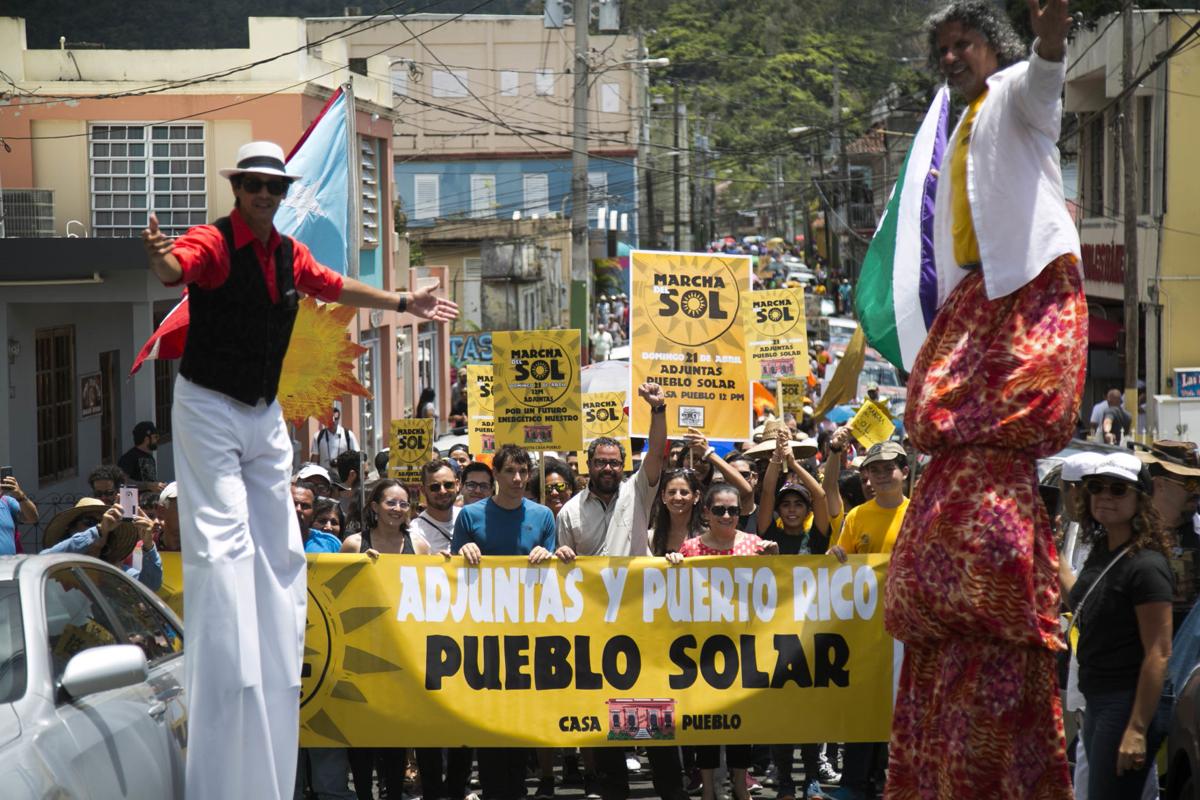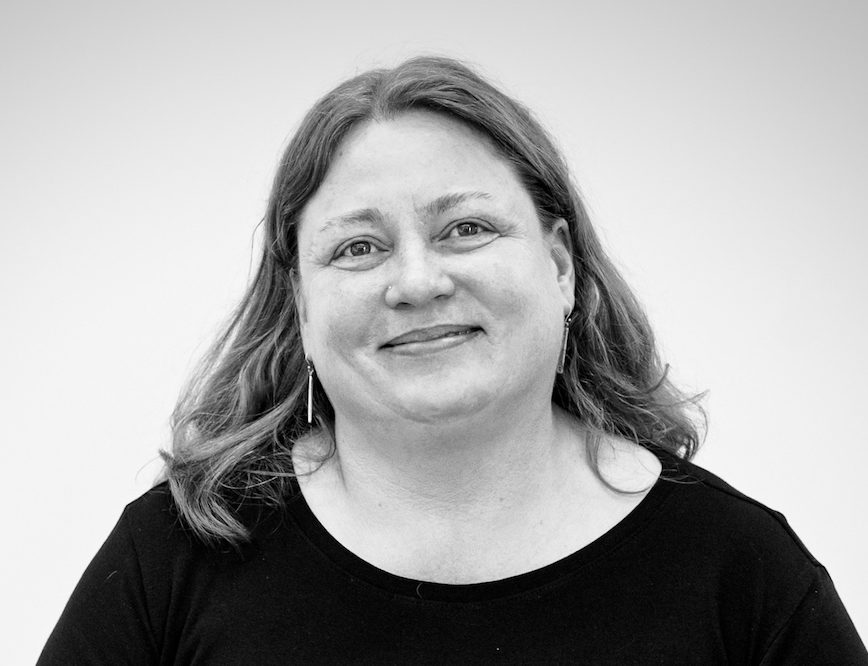Featured, Roddenberry Fellowship
Advances of an energy uprising in Puerto Rico
Arturo Massol-Deyá | May 16, 2019
It’s 4:36 AM, time to make coffee. I look briefly at the news in darkness before leaving from San Juan, to the other side of the island where I teach at the University of Puerto Rico Mayagüez Campus. The weekend’s work, like many, was to attend meetings and events to promote an ongoing energy insurrection. Yes, we foster in the center of the island — where I spend part of the week as well — ecological awareness and actions to leave behind the almost absolute dependence of the country on fossil fuels.
We have always been told that Puerto Rico is a small island that can’t self-determine because we lack natural resources such as oil, gas or coal. It turns out that we suffer from energy dependency due to the importation of costly fuels that cause global warming and climate change. Puerto Rico, one of the oldest colonies in the world — 400 years with Spain and soon another 120 with the United States — is blessed all year long with the most abundant and free energy resource possible: the Caribbean sun.
But the colonial relationship means lack of a local vision and policy. Our people are mostly consumers and are prey to a model of dependencies. More than half of our population lives outside the island. They send us to fight wars that are not ours, we have had American citizenship imposed since 1917, we live an illusion of self-government that does not command and we suffer unilateral impositions from the US Congress where we only have a symbolic representation. We have the imposition of federal laws, some well-intended, others contrary to our culture such as the death penalty and a President of others, who treats the Island with an abominable contempt are part of a deeper conflict. All of them have dictatorship power over my country. There is no possibility of democracy with the current political relationship — it is simply impossible.
My parents are co-founders of Casa Pueblo, a community self-management organization that protects forests, watersheds and develops humanizing education projects since 1980, up in the mountains. After Hurricane Maria, our initiatives swelled with more and new tasks. The headquarters that operates with solar power since 1999 served as an energy oasis for the community. Since then, we have encouraged an agenda to change our energy landscape, thinking about the right to energy for all. There are already over 150 projects completed by local efforts, in collaboration with many others; from installing solar refrigerators to dozens of families in rural areas, medical equipment were energized as dialysis machines, grocery stores, hardware stores, a barber shop, our radio station with its 100% solar transmission tower, the first solar cinema, the pizzeria, 60 houses that now operate as Casa Pueblo with energy independence, the fire station, the emergency unit including the nursing home — all operating with solar energy.
While we promote a fundamental change, the government wants to take us back to the last century maintaining the relationship of energy colonialism with Puerto Rico as a consumer instead of us as a producer of our own energy. They are promoting the gasification of the Island with dirty fracked gas from the US. We, instead, searching for means of energy self-sufficiency.
We set out to march for the sun on April 21st. It’s the eve of Planet Earth Day. The streets of our small town are packed with people. Over 5,000 people came together to demand a transition now to renewable energy sources. We got together to march and to celebrate the future we want. To close the day we presented the first Community Network of Photovoltaic Energy Generation, Storage and Distribution that seeks to transform the urban center of the town #AdjuntasPuebloSolar. The wealth generated by this energetic model of its own will serve to boost the local economy, for sustainable development and to build solar houses for families whose economic resources do not allow them to have energy security.
About the Author
Arturo Massol-Deyá is a 2019 Roddenberry Fellow and the executive director of Casa Pueblo. Casa Pueblo de Adjuntas is a community-based group with 39 years of services in natural resources conservation, education, and sustainable development in Puerto Rico. Learn more about his work here.




